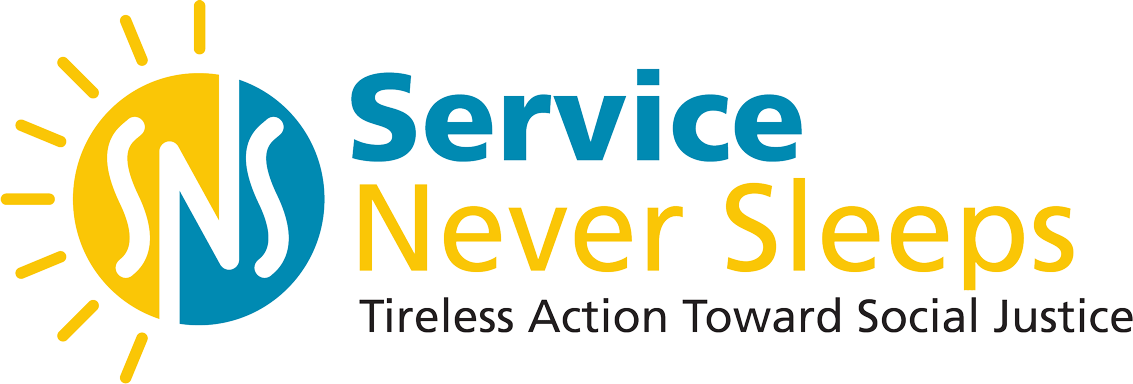Four years ago, I reflected deeply about the implications of the 2016 elections. The months of rhetoric that had been pervasive during the election season, and throughout my life, had led me to conclude that it was not my responsibility to address racism and sexism as a Black woman. I had finally developed clarity that my work in those areas was a calling that I had answered, rather than an obligation that I bore. I had unapologetically determined that the charge was primarily on white people and men to show Allyship to my Black womanhood.
Simultaneously, I remember recognizing that under the same stance, the widespread homophobia, transphobia, Islamophobia, antisemitism, xenophobia, and ableism required my own action, solidarity, and self-work. It was then that I rooted myself in the philosophy that we have responsibilities to be allies in our respective areas of privilege. I remember feeling a deep sense of urgency for change that was certainly not new, but definitely reaffirmed. That recognition pivoted Service Never Sleeps (SNS) into the Allyship and anti-racist organization that we are today.
My sense of urgency remains as I recognize that so many people believe that the outcomes of this election, alone, will decide the country’s overall wellbeing. My personal accountability remains as I recognize much of this has applied to my own thinking at times, and that I am not exempt.
There is much to be hopeful about by demonstration of the 2020 elections. I am hopeful that people of all ages came out in record numbers to make themselves heard by voting. I am hopeful that Black, Indigenous, and people of color communities demonstrated collective power through casting ballots, a right that my ancestors fought and died for me to have. I am hopeful that throughout this season, marginalized communities spoke truth to power about their demands to rightfully thrive, and that allies showed solidarity by demanding the same. I am hopeful that such demands were not just demonstrated through the polls, but through grassroots organizing, workplace accountability, and dinner table conversations. I am hopeful that history has been made through the election of the first Black, South-Asian, woman into the Vice Presidency.
While it is important to acknowledge these positive implications, I still maintain many of the difficult convictions from the prior election. My concern remains as I process narratives that intentionally pitted people against each other in an “us vs. them” mentality, which seemed to absolve themselves of any personal work to learn and unlearn the internalized impacts of deeply-ingrained systems. My frustration remains as I reflect on messages that implied that political affiliations demonstrated a moral hierarchy, which seemed to exempt people from addressing their own complicity.
Navigating the “both/and” of hope and measure allows me to hold multiple truths. It allows me to celebrate all forms of progress, and to also center critical realities. Unless we use this moment to do the real systemic work, not much will change–regardless of who is in leadership. Racism will continue wielding its pervasive power through every single institution, and through daily interpersonal harms. LGBTQ+ communities will still be targeted. People will still be discriminated against for their religious practices. People with disabilities will continue to be disregarded and excluded. The coronavirus pandemic will continue infecting and killing people at growing rates, as multiple systemic dynamics result in devastating impacts. All of these are true, and ultimately, none of them are rooted in politics.
How do we hold the fact that so many people are excited and hopeful, but may now deny the call to address deep-rooted injustice due to a false sense of amends? How do we address the deep questions of morality that still remain based on such hurtful words and actions? How do we address the division, and all of its implications? How do we keep people safe? What does this mean for our work?
It means that the urgency and necessity of the work remains. The necessity of truth-telling remains. The charge and responsibility to address and use our privilege remains. The opportunity to drive change through Allyship remains.
I never want to stifle anyone’s hope, including my own. Hope is what keeps us doing this difficult work. We work towards the hope of what society could be if everyone embodied an Allyship lifestyle. At SNS, we gain hope from the daily examples of witnessing people who commit to the inner and outer work of justice. We work towards a hope that shared humanity can be achieved. It is our sincere hope that the 2020 elections will charge, inspire, and motivate as many people as possible to do the same. So let us allow ourselves to feel whatever authentic reactions have come from the election over the past couple of weeks, and then let us get back to work.
In Service,
Whitney Parnell
CEO and Founder
